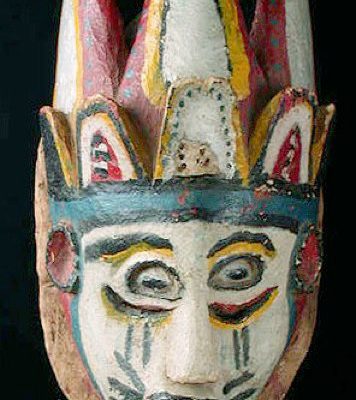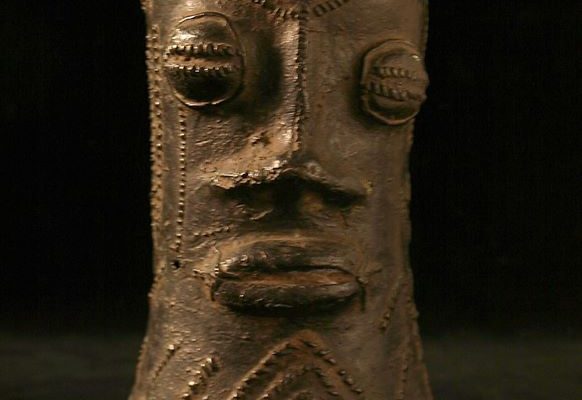ÒKPÒNÒHÌÒ / ,ò .kpò .nò .hjò / abstract noun. high publicity; wide broadcast; exceptionally loud notice or attention given to something or someone in the public space. (Used exclusively in a verbal form). Verb. nù-òkpònòhìò / ,nùò ,kpò ,nò ,hìò / Definition: To give high publicity; to broadcast widely to a large audience; to draw attention to a particular issue of public interest. Verb: Nù-òkpònòhìò: To give high publicity; to broadcast widely to a […]
Revitalizing Igala Language and Culture: A Call to Action
The Igala people take immense pride in safeguarding their timeless heritage. This heritage, like a binding force, unites them both within their homeland and across the globe. It is heartening to witness the unwavering resilience of their culture, guiding them from the depths of antiquity into the modern era. However, the Igala language and culture stand at a crossroads, with the alarming risk of fading into obscurity. Preserving a Unique Legacy The Igala […]
OUR HERITAGE IN PERIL
Preserving Our Rich Igala Heritage: A Call to Action Igala is the custodian of a remarkable and ancient heritage, and it is heartwarming to witness its endurance throughout the ages. From the dawn of antiquity, through the stone and iron ages, to our contemporary times, Igala heritage has persisted, staunchly resisting the forces seeking to undermine it. These pressures, while man-made, encompass declining literacy in our language, the disappearance of reading and writing materials, and […]
The Ata Communes
It was around mid-day, our attention was rivetted on a royal fortress – the ‘Òlógbóò-Àtá’ (Palace of the Ata-Igala) Ídá. Situated on the summit of a cliff, the palace overlooks the River Niger – which Igala native speakers call ‘Òhìmìnì fufu,’ as it makes its way southward, heading progressively to the Atlantic Ocean into which it empties its watery baggage. Behind the Ọdọgọ Cliff, which stands at a towering height shy of 190 feet […]
Welcome back, Ki-gala.com
Welcome back, ki-gala.com We are awfully sorry to announce that our Igala studies website, https://www.ki-gala.com, is back on the Internet. We had some technical issues but are glad to say we have put that behind us. You, our esteemed visitors, are welcome back to the website. While on break, certain happenings have taken place around the world and our nation. On the international scene, the Ukrainian war still lingers and has precipitated hikes in food […]



